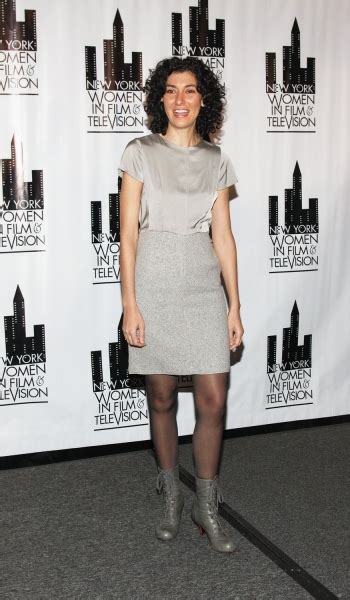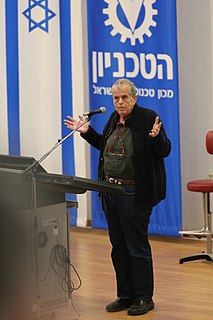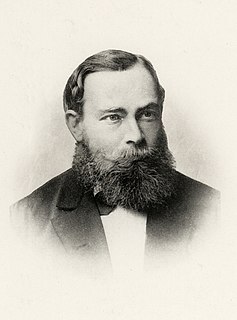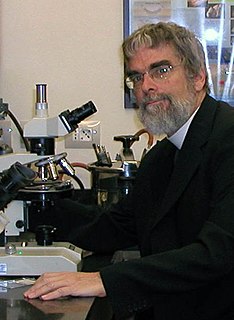A Quote by Allison Silverman
Related Quotes
My father left me with his love of Jewish studies and cultural life. To this very day, along with several physicians and scientist colleagues, I take regular periodical lessons taught by a Rabbinical scholar on how the Jewish law views moral and ethical problems related to modern medicine and science.
'Facts, facts, facts,' cries the scientist if he wants to emphasize the necessity of a firm foundation for science. What is a fact? A fact is a thought that is true. But the scientist will surely not recognize something which depends on men's varying states of mind to be the firm foundation of science.
I wanted to be a scientist. My undergraduate degree is in biology, and I really did think I might go off and be some kind of a lady Darwin someplace. It turned out that I'm really awful at science and that I have no gift for actually doing science myself. But I'm very interested in others who practice science and in the stories of science.




































